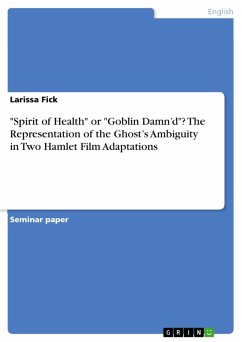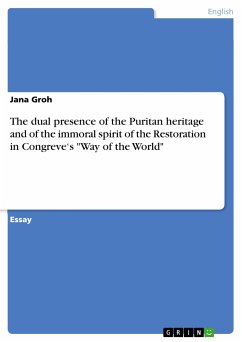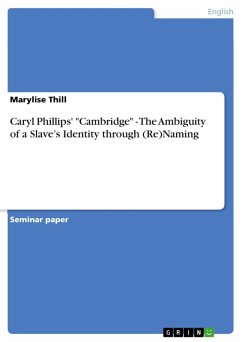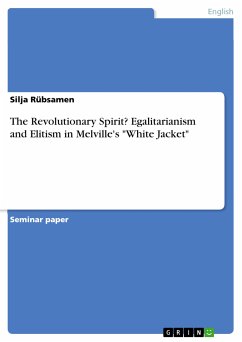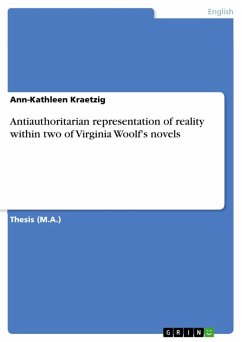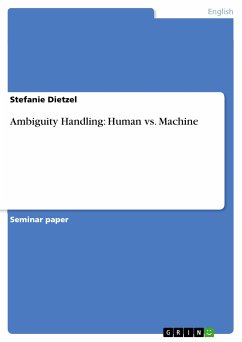Seminar paper from the year 2014 in the subject English Language and Literature Studies - Literature, grade: 1,7, University of Bayreuth, language: English, abstract: Over the years, various scholarly interpretations of the Ghost in Hamlet were established. They lie between extremes: some consider the Ghost an evil spirit whose call for revenge should have been ignored , and others stick with the opposite opinion that the Ghost is truly the spirit of Hamlet's father returned from purgatory because that is what the Ghost himself states. Many Hamlet scholars argued for the one and the other side, and convincing arguments for both points of view exist. However, the actual question is not if the Ghost is good or evil, but what William Shakespeare aimed at with the integration of a character so difficult to capture. As Constanze Pleinen detected correctly in "Das Übernatürliche bei Shakespeare", the Ghost's ambiguity explains the perseverative popularity of the play; if it could be definitely clarified that the Ghost is either a good or evil spirit, a lot of tension would be lost for the audience and reader. To prove that this thesis is also applicable on film adaptations of Hamlet is the aim of this term paper. Therefore, I chose two screen adaptations of Hamlet and examined how the Ghost is represented in each of them. My thesis is that in neither adaptation the Ghost is clearly marked as good spirit or evil demon, but the ambiguity between those two options is maintained in both adaptations; the directors play with this equivocality to retain the tension of the audience. In order to prove my thesis, at first the significance of the Ghost and its ambiguity in Hamlet will be explained. It will be shown that Shakespeare did not embed a Ghost in Hamlet to simply entertain the audience, but that the Ghost is a central character of the play. In the subsequent chapter I will take a close look at the Hamlet adaptations of Olivier and Branagh. Primarily, an overview of each film by itself will be provided, then the representation of the Ghost will be described and afterwards analysed with regard to the Ghost's ambiguity. By linking my own observations to those of other literary scholars, I will hopefully be able to prove my thesis in the conclusion of this paper.
Dieser Download kann aus rechtlichen Gründen nur mit Rechnungsadresse in A, B, BG, CY, CZ, D, DK, EW, E, FIN, F, GR, HR, H, IRL, I, LT, L, LR, M, NL, PL, P, R, S, SLO, SK ausgeliefert werden.
Hinweis: Dieser Artikel kann nur an eine deutsche Lieferadresse ausgeliefert werden.

